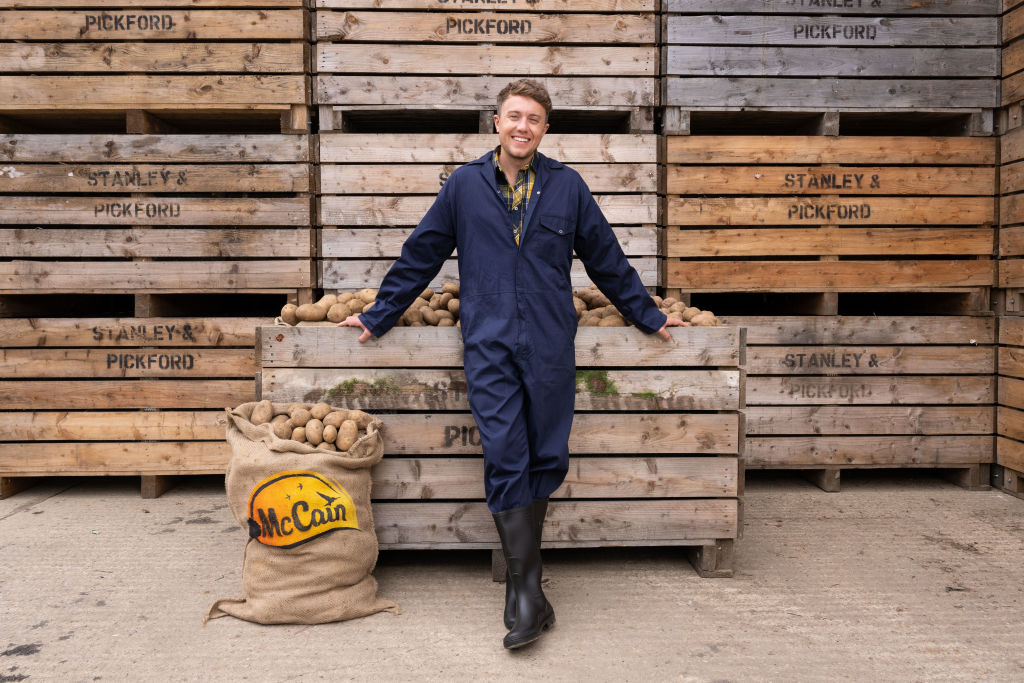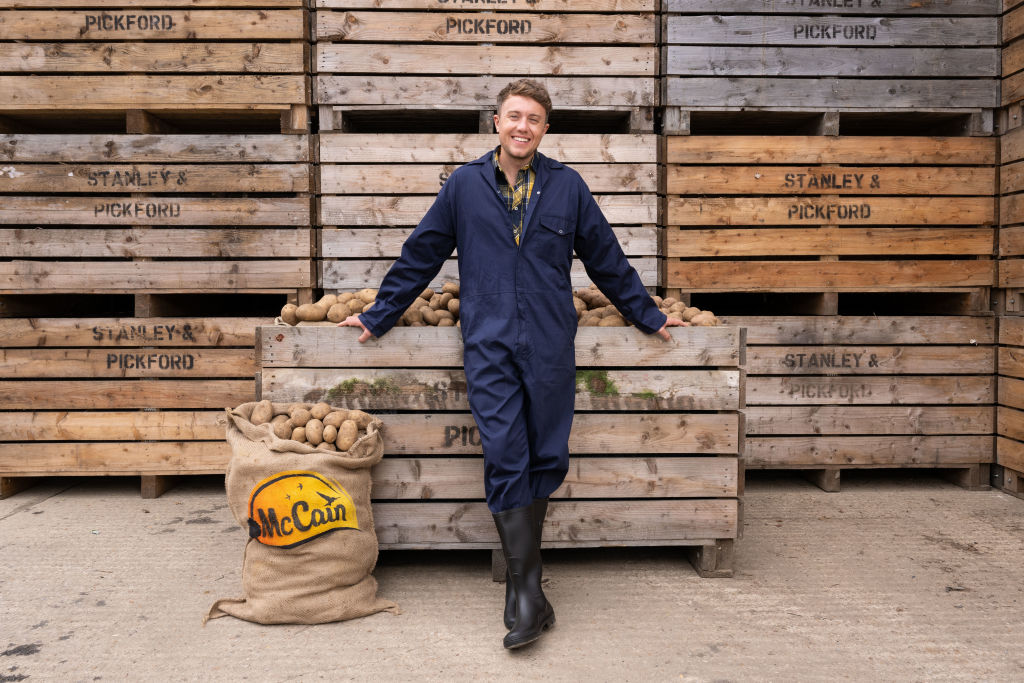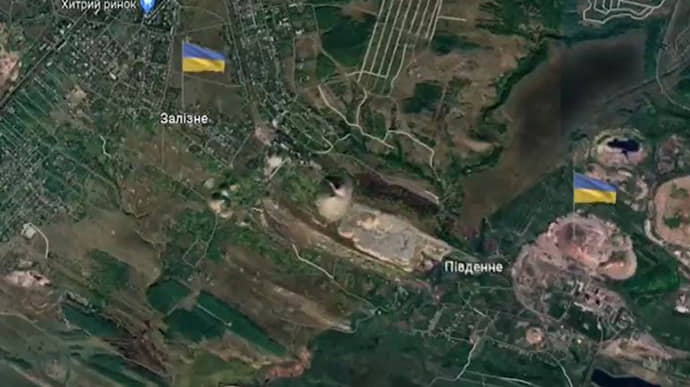McCain: UK’s love for potatoes helps sales pass £700m


The nation’s continued love for potatoes in all forms helped sales at McCain Foods surge to more than £700m during its latest financial year.
The North Yorkshire-headquartered UK arm of the Canadian giant has posted a revenue of £712.5m for the year to June 30, 2023, up from £596.3m.
Newly-filed accounts with Companies House also show that its pre-tax profits rose from £72.5m to £77.5m over the same period.
A statement signed off by the board said: “The business had to manage multiple challenges across the supply chain impacting costs and supply.
“Farmers faced weather-related challenges throughout the season due to summer drought as well as increased pressure from rising input costs including fuel and fertilisers.
“Despite this, sales growth was positive across both sectors and the business continued to support the long-term sustainability of agriculture through higher contract pricing in line with indexation and supplementing high energy costs for our storage growers.
“The company continued to make significant investments throughout the year in both capital, including the renewal of the Scarborough facility, and the brand, including media advertising.
“The directors are satisfied with the financial position of the company at the end of the year.”
During the year a dividend of £8m was paid out, down from £27m in the prior year.
McCain Foods was established in 1957 and has its global headquarters in Toronto, Canada.
It operates in more than 160 countries and has annual revenues in excess of $14bn Canadian dollars (£8.2bn).
On its future, McCain Foods GB added: “As a brand leader, the company believes that it can continue to stimulate growth in a planet-friendly way through innovation, quality and service and continues to invest in capacity to support this growth.
“The company has a crisis management plan in place to respond to future risks including Covid-19 and the Russia–Ukraine crisis.”



